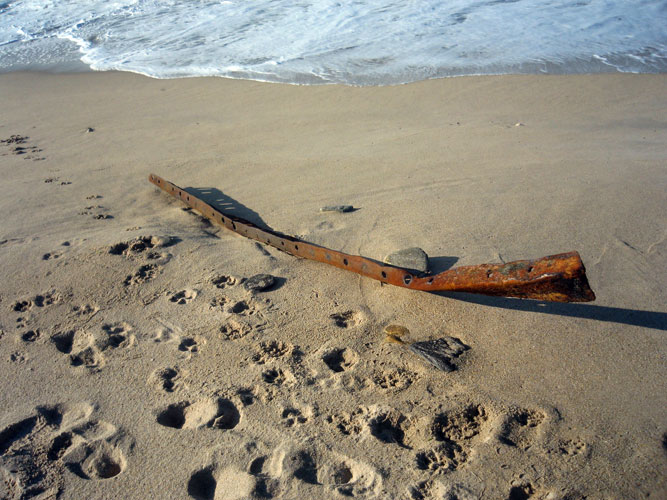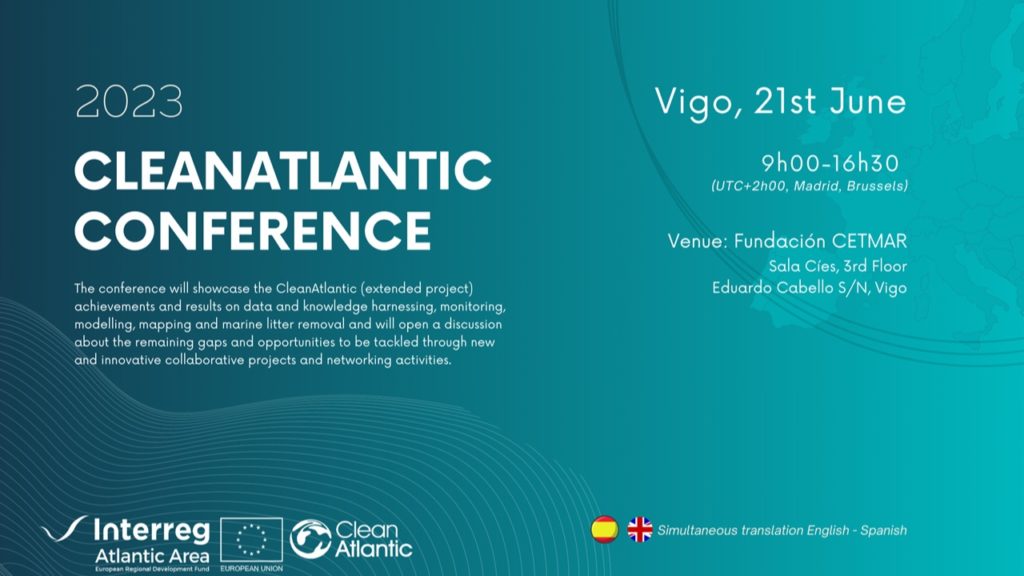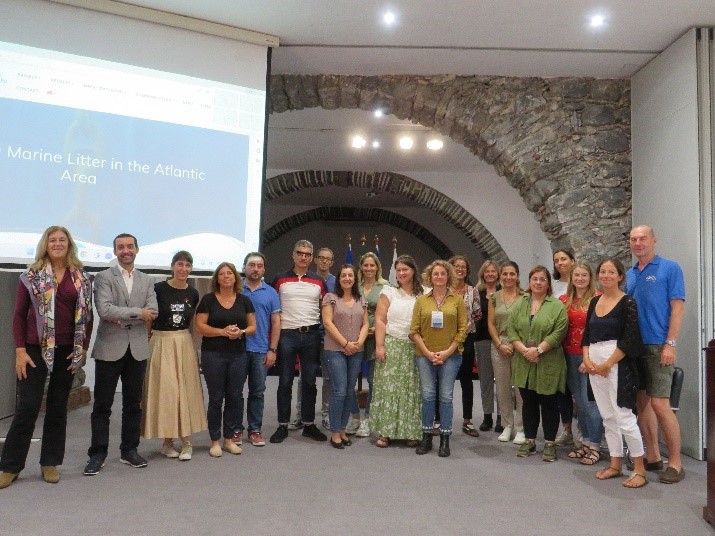PROJECT
CleanAtlantic aims to protect biodiversity and ecosystem services in the Atlantic Area by improving capabilities to monitor, prevent and remove marine litter
Read MoreWORK PACKAGES
This section describes the main CleanAtlantic working streams, detailing their specific objectives, activities and expected results
Read MoreCONSORTIUM
List of project partner institutions and associated partners, including a general description of each institution, staff involved and contact details
Read MoreLatest News
The latest news about marine litter and the CleanAtlantic project progress
2023 Final Conference – CleanAtlantic (extended project)
The final conference of the CleanAtlantic (extended project) “Tackling marine litter in the Atlantic Area” was held on June 21st, in a hybrid format (online and face-to-face in the CETMAR[…]
Read moreWorkshop “Marine litter impact on Tourism”
On November 4th, 2022, the following days after the 12th CleanAtlantic Coordination Meeting held in Madeira, DRAAC organized a workshop with the aim of assessing with stakeholders the impact on[…]
Read moreUNOC side-event “Addressing Marine Pollution in the Atlantic Ocean: the role of interregional cooperation and EU leverages”
CPRM Atlantic Arc Commission in collaboration with CCDR Norte organised a workshop in the framework of the UN Ocean Conference on 28 June 2022 in Lisbon,as a side event titled “Addressing Marine[…]
Read moreUpcoming Events
Information on project events and other external events in the scope of marine litter.
About
TITLE: Tackling Marine Litter in the Atlantic Area ACRONYM: CleanAtlantic PROGRAMME: Atlantic Area Transnational Program 2014-2020. Priority: Biodiversity, natural and cultural assets
TOTAL BUDGET
3.249.241,04 €
EU GRANT
2.436.930,78 €
DURATION
46 months, September 2017 – June 2021

The Marine Litter Environmental Threat
• Marine litter covers any solid material (plastic, wood, glass, rubber, etc.) that has been deliberately discarded, or unintentionally lost on beaches, shores or at sea, including materials transported into the marine environment from land by rivers, draining or sewage systems or winds (OSPAR).
• Marine litter is a global concern affecting the oceans and the coast that impacts on marine organisms and ecosystems, threatens human health and safety, and causes economic losses and aesthetic problems.
• Tackling marine litter demands a cross-sectorial and multilevel approach, involving public and private stakeholders as well as NGOs and society.
• Consistent approaches to monitor, record, map and remove marine litter are needed and demand collaborative work and coordination.


 PT
PT ES
ES FR
FR

